The booking engine hotels choose to deploy can have a significant bearing on the number of bookings they are able to generate. Customers want a booking engine that is reliable, easy to access and simple to use. Hotel booking engines are of the utmost importance because they help to facilitate direct bookings. These bookings are the ideal outcome, as the hotel does not need to pay commission fees and gains access to valuable customer data.
In this article, you will learn all about booking engines, how they work, and the most important features to look for.
Table of Contents:
- What is a Hotel Booking Engine?
- Why is the Booking Engine Hotels Use Important?
- 6 Features to Look For in a Hotel Booking Engine
- Options to Customize the Booking Engine to Fit Your Brand
- Support for Multiple Languages and All Major Currencies
- Dynamic Pricing Options and Tools to Help Optimize Revenue
- Ease of Use and Accessibility Features to Maximize Bookings
- A Pleasant Interface Across All Devices, Including Mobile
- The Ability to Upsell and Cross-Sell to Booking Engine Users
- What Should You Consider When Exploring Hotel Booking Engine Providers?
- Earn More Bookings With Your Hotel Website
- The Best OTAs to Turn to For More Bookings
What is a Hotel Booking Engine?
A hotel booking engine is a system used by businesses in the hotel industry to generate direct bookings. A booking engine makes it easy for customers to reserve accommodation online, using a self-service approach.
The booking engine hotels use can be deployed on their own website and across social media channels, maximizing visibility. The system should work by automatically updating pricing and availability information, so guests see up-to-date room rates and know whether rooms are available before beginning the process.
For this to be possible, your booking engine should be integrated with other tools, such as a property management system. Once a customer makes a booking, you will have access to their data, which can be added to your customer relationship management solution. You can also send confirmation emails and other pre-arrival communication.
Why is the Booking Engine Hotels Use Important?
It is the primary tool used by customers to make direct bookings. Customers want to be able to book accommodation at a time that is convenient for them, and booking engines facilitate this.
The booking engine hotels use can have a significant bearing on the number of guests they are able to attract. When an engine is easy to access, simple to understand and user-friendly, guests are more likely to go through the full booking process. Conversely, an overly complex or confusing booking system can deter potential guests. Having a booking engine on your website also enhances the sense of professionalism your hotel conveys.
Ultimately, direct bookings such as those coming from the hotel website are desirable because hotels can keep more of the money. When bookings are made from online travel agencies or other third-party platforms instead, the hotel typically pays commission fees on the bookings. Direct bookings also give hotels full access to customer data.
Video: Hotel booking engine : Basics, tips and tricks
6 Features to Look For in a Hotel Booking Engine
While there are different options available, the booking engine hotels use will need to have certain core features. In the sections that follow, you can learn more about six of the most essential features to look for.
1. Options to Customize the Booking Engine to Fit Your Brand
Options to customize your booking engine are an important feature to look for. This ensures the booking engine your hotel uses feels like part of your wider hotel offering. Customization of this kind is important because it makes your booking engine feel connected to your website. This, in turn, can make your hotel seem more professional.
Examples of some of the customization elements that can be beneficial include the use of logos, slogans and other hotel marketing elements and the inclusion of photographs of your property.
2. Support for Multiple Languages and All Major Currencies
Any booking engine hotels rely on should offer support for multiple languages. In addition, it is important to allow customers to pay using any of the major global currencies.
Both of these features are important because hotel guests come from all over the world. You want to make sure your booking process is as smooth as possible, regardless of where they are located.
Some hotels are making use of AI to translate booking instructions. Providing this kind of support allows your customers to book their accommodation using the currency and language they are most comfortable with.
3. Dynamic Pricing Options and Tools to Help Optimize Revenue
Dynamic pricing is a pricing strategy that involves making adjustments to room rates as market conditions change. In particular, dynamic pricing considers demand, competitors and local events.
Adopting a dynamic pricing strategy is important because it allows you to optimize revenue. When demand is high, you can charge more, whereas when demand is low, reduced rates help to fill rooms.
The booking engine hotels utilize should offer dynamic pricing tools, allowing rates to be adjusted easily. This can be achieved by integrating the engine with your property management system or channel management software.
4. Ease of Use and Accessibility Features to Maximize Bookings
Ease of use and accessibility are key priorities when deciding on the booking engine a hotel will use. The booking process should be easy to understand and accessible for as many people as possible.
This means prioritizing booking engines that offer accessibility features, like compatibility with screen readers. It also means ensuring text is legible, and the language used is straightforward.
When users are able to access and understand the booking engine, they are empowered to make bookings. Failing in this area risks having some potential customers back out of the process and book with a rival instead.
5. A Pleasant Interface Across All Devices, Including Mobile
In addition to being easy to understand and use, the user interface needs to look pleasant too. It should be visually appealing, without becoming cluttered and it should look good on both desktop and mobile.
Mobile optimization is crucial because the majority of internet traffic now originates from mobile devices. If the booking engine a hotel deploys is not designed for mobiles, it can cost you customers.
The use of smartphones is not only one of the biggest hotel trends to be aware of, but one of the biggest tech trends in general. It is crucial that your booking engine can be easily used on mobiles and tablets with touchscreens.
6. The Ability to Upsell and Cross-Sell to Booking Engine Users
Finally, hotel booking engines should provide options for both upselling and cross-selling. This means encouraging customers to make higher-end purchases or to buy additional products or services.
The booking engine hotels and similar accommodation businesses deploy should make it easy to add upselling and cross-selling options to the customer journey. This could include room upgrades, breakfast, or spa treatments.
As with a lot of hotel technology, booking engines are increasingly using AI to rapidly analyze data. With booking engines, the AI can utilize customer data to make intelligent upselling and cross-selling recommendations.
Video: How Booking Engine Works in Online Travel Agency
What Should You Consider When Exploring Hotel Booking Engine Providers?
What should you consider when exploring booking engine options? You will need to be clear on your budget and consider the overall cost of using each engine. It is also important to choose an option with robust security features.
Aside from the various features outlined in this article, you should prioritize service providers who offer a high level of technical support. This is vital because you want to minimize any issues and downtime.
You also need to make sure your booking engine is going to allow you to comply with all relevant legislation, regulations and standards, including the Payment Card Industry Data Security Standard and GDPR.
As a starting point, hotel owners and key decision-makers should create a list of the most essential features and then identify possible contenders. From there, you can start to explore which of these options has the best reviews from existing users and find a highly-rated option with a pricing model that suits your needs.
Earn More Bookings With Your Hotel Website
In addition to choosing the right booking engine, hotels also need to optimize their website. This means using search engine optimization techniques to maximize web traffic, but it also means publishing high-quality content, adding appealing photographs of your hotel and providing support for users in different parts of the world.
In the “10 Tips to Gain More Bookings With Your Hotel Website” article, you will get a more complete sense of the various steps you can take to improve the effectiveness of your website for generating bookings.
The Best OTAs to Turn to For More Bookings
While the booking engine hotels invest in can potentially help to generate direct bookings, optimizing overall bookings is likely to require the use of third-party channels like online travel agents too. Examples of these platforms include Expedia, Booking.com, Priceline.com and Airbnb.com.
In the “12 Online Travel Agents (OTAs) to Increase Your Hotel Bookings” article, you will find a breakdown of some of the best OTAs for hotel management to turn to in the pursuit of more bookings.
The booking engine hotels opt to use can have a substantial impact on the number of bookings they are able to attract. It is crucial to invest in a booking engine that offers customization, support for multiple languages, upselling and cross-selling support and a great user interface across all devices.
More Tips to Grow Your Business
Revfine.com is the leading knowledge platform for the hospitality and travel industry. Professionals use our insights, strategies, and actionable tips to get inspired, optimize revenue, innovate processes, and improve customer experience.Explore expert advice on management, marketing, revenue management, operations, software, and technology in our dedicated Hotel, Hospitality, and Travel & Tourism categories.

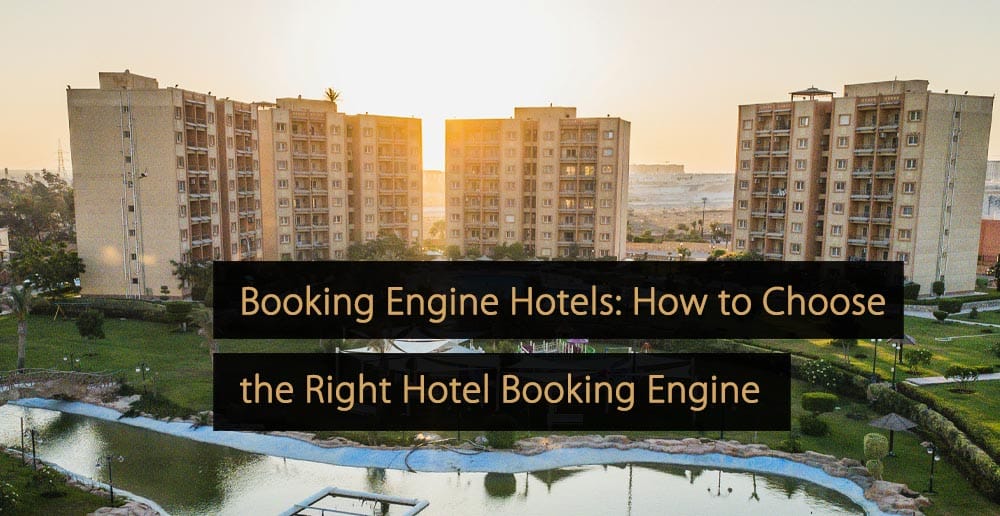
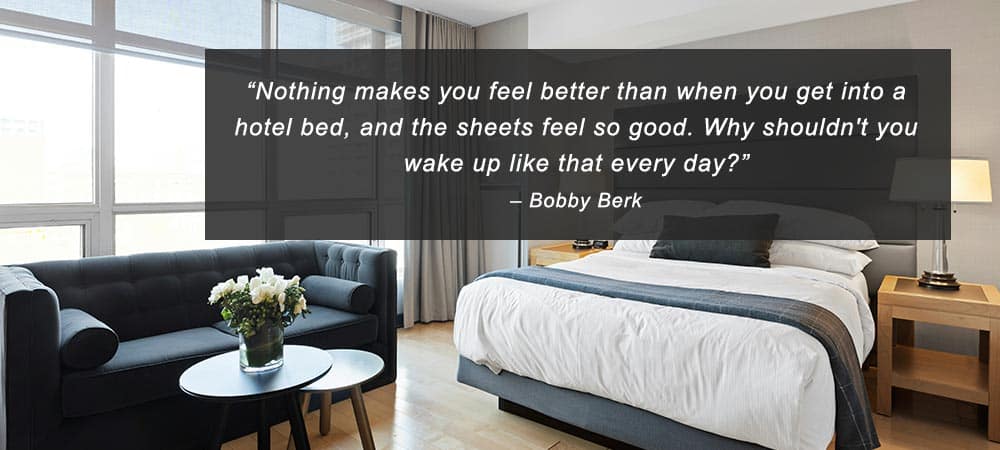
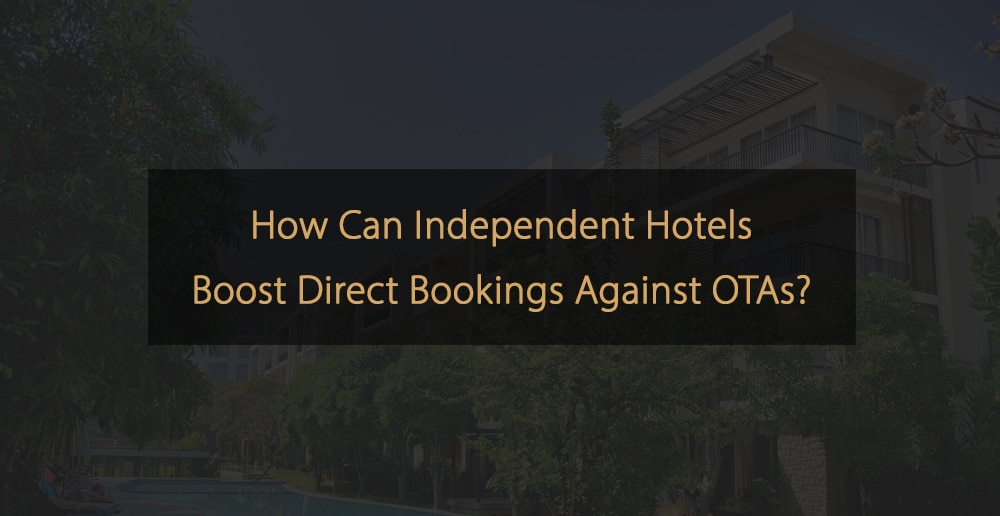


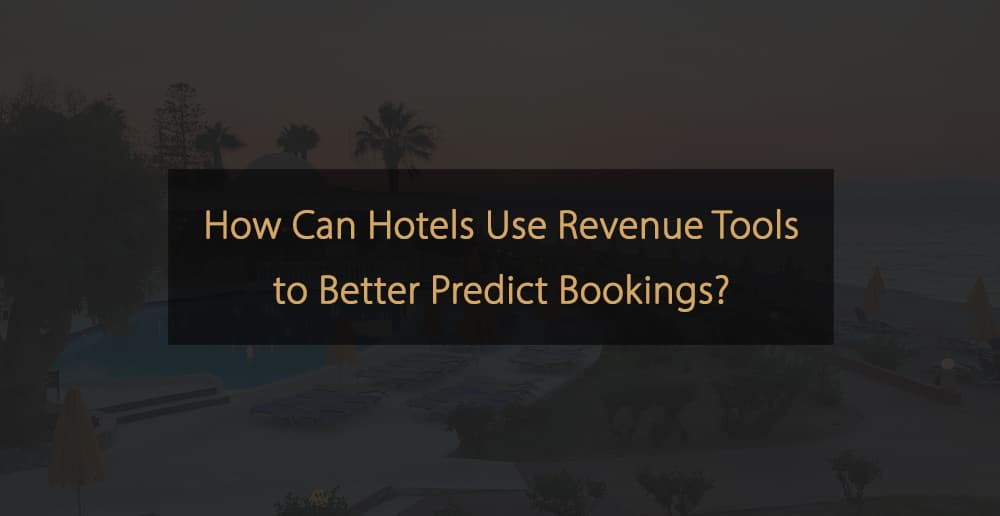
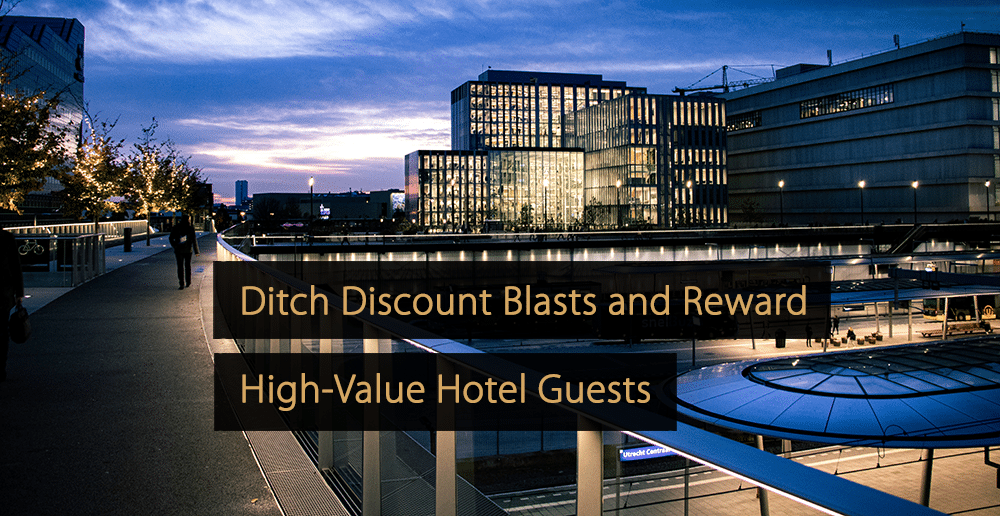
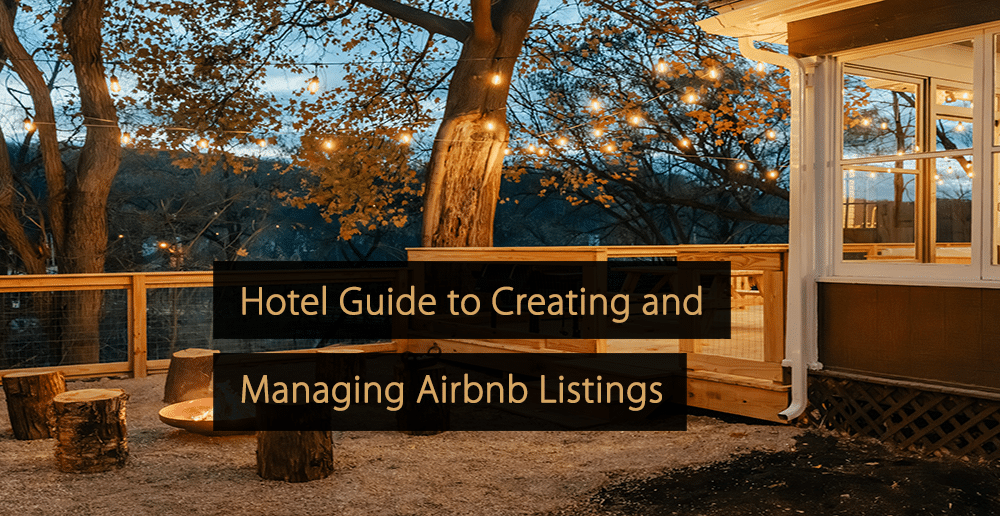
Leave A Comment